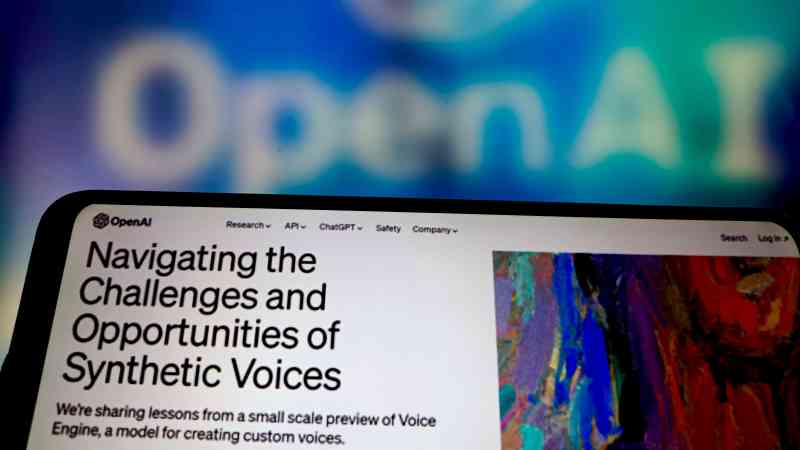The Gatekeepers review — a dive into the history of Facebook
★★★☆☆Facebook has rather declined from its early 2000s pomp. Everyone good-looking is on Instagram. Everyone young is on TikTok. Everyone pompous is on LinkedIn. Everyone who likes either being a fascist or accusing other people of being a fascist is on X/Twitter. There’s been a great migration across cyberspace. Only the senile and mentally feeble remain, dribbling, sharing boomer memes and swearing futilely at one another IN PERMANENT DERANGED CAPS LOCK underneath posts by their local newspapers.
And yet, though active users are falling in the US and the UK, Facebook is (rather alarmingly) still on the rise in a lot of the rest of the world … should we go and warn them? In fact it now has a mind-boggling three billion monthly users. Three billion! They can’t all be swivel-eyed bigots and people you half knew from school who have since got really into conspiracy theories. Can they? Actually …

It’s not just its global dominance that gives Facebook relevance. It is its status as the ur-social network, the first big kid on the blog — at least once it had biffed its weedy rivals MySpace and Bebo and stolen their lunch money. Every ill of the socially networked age — the bullying, the narcissism, the political lunacy — can be traced back to Facebook, that mouldy petri dish of all that is grubbiest about 21st-century humanity. This week — alarmingly to those of us for whom it was once the hip new thing — marks the 20th anniversary of its founding. If I was in charge I would mark it with black armbands, wailing choirs, the tolling of church bells and a national day of mourning. It was a melancholy day for mankind.
• The Reith Lectures review
Much more sensibly — and I suppose the disparity between these plans is why I am not running a major news corporation — the BBC is marking it with a new podcast. The Gatekeepers is presented by Jamie Bartlett, who fronted one of the organisation’s biggest podcast hits, The Missing Cryptoqueen.
Tracing the rise of social networks is a tougher gig. This is about the most well-worn story in current affairs journalism. The path from Mark Zuckerberg’s Harvard dorm room to the breakdown of civil discourse, massacres in Myanmar and the rise of Donald Trump has been trodden by film directors, journalists, students, journalists and, oh yes, podcasters. There have been books on Facebook. And books refuting the books. And books refuting the refutations. Bright young PhD students who began investigating Facebook in their twenties are now haggard pot-bellied family men shivering at their first intimations of mortality.
Bartlett does a commendable job of rootling around for unexpected stories, the few toothsome truffles of anecdote that still lie undisturbed. He comes up with the Whole Earth Catalog, a sort of hippy encylopedia-cum-lifestyle manual beloved by Steve Jobs that told its readers, “We are as gods”. Was that the origin of the information revolution and tech bro hubris? He looks at the early Facebook investor Peter Thiel’s obsession with the philosopher René Girard’s theory of mimetic desire (we want things because other people want them). Does that explain Thiel’s prescient decision to shower Zuck with cash in exchange for 10 per cent of his company? At best, the answer to both questions is: sort of yes but sort of no.
• The Pirate of Prague review
These are interesting loose threads but probably not the keys that explain life, the universe and everything. The bits that do explain everything (or at least a lot of everything) — such as section 230, the US law that says social networks are not publishers — are already well known. The risk of any exploration into the origins of social media is going too obvious or too obscure. On the evidence of the first couple of episodes, Bartlett is doing a valiant job of trying out original angles on this all-too-familiar territory. Perhaps as he gets closer to the present the story will become weirder and less familiar. I will be sticking with him to find out.
Follow @timesculture to read the latest reviews






